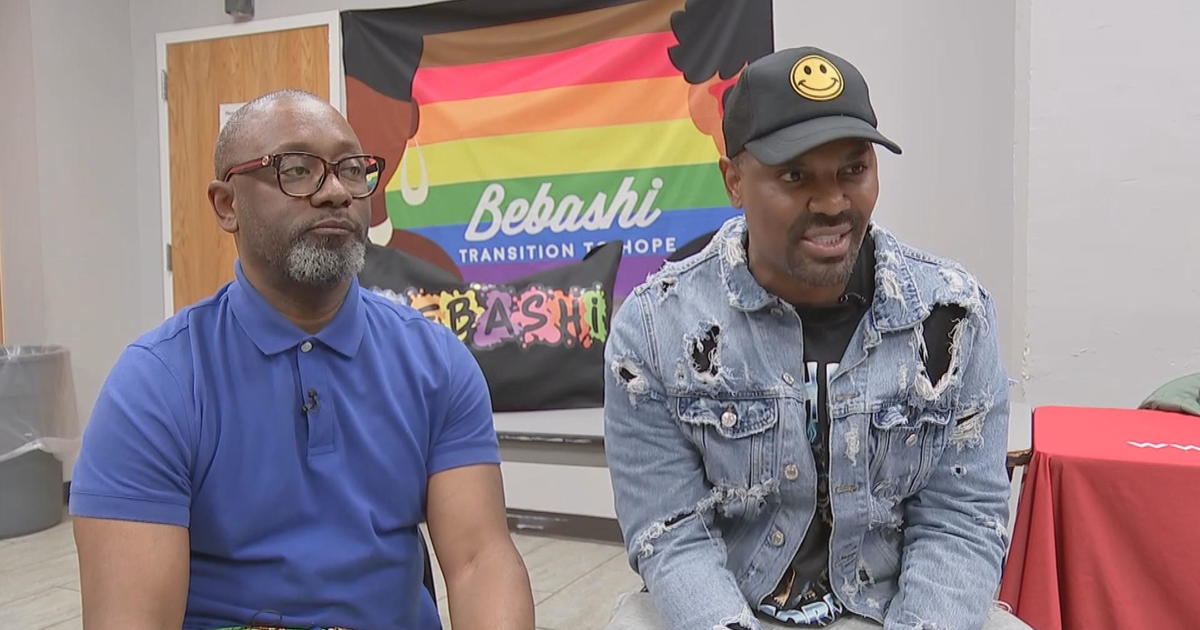Coronavirus And Mental Health: How To Combat Loneliness, Depression During Social Distancing
PHILADELPHIA (CBS) -- As social distancing and self-quarantine become more common to prevent the spread of COVID-19, people are losing face-to-face contact with others and that increases the risk for problems with loneliness and isolation. There are all kinds of mental health issues related to this COVID- 19 pandemic.
Anxiety levels are skyrocketing and now that people are being separated, it's important to guard against getting depressed.
Social distancing to stop the spread of coronavirus means staying six feet away from each other.
And with schools and businesses closing, people are separated, increasing feelings of loneliness and isolation.
"We need relationships to maintain positive psychological health so we should make time to figure out those, even in the current climate," said Rutgers University psychology professor Andrew Abeyta.
Abeyta says in a crisis situation, it's especially important for people to stay connected, not physically, but on a phone or computer.
"It's just the way that we're wired psychologically. Social support is really important in helping us manage stress and anxiety," Abeyta said.
Studies have shown loneliness can be as damaging to health as smoking 15 cigarettes a day.
Feelings of isolation and loneliness can also increase the risk of depression, high blood pressure, chronic inflammation and reduce immune response.
"Call your friends, call your neighbors, see how everyone is doing, connect by Skype, through Google hangouts. There's an awful lot we can do electronically these days without a physical connection to help people and this is the time to do it," Philadelphia Health Commissioner Dr. Thomas Farley said.
Staying connected can help guard against unhealthy coping mechanisms, which include drinking and eating too much.
"Other people provide us with love, support, encouragement. They can provide us with meaning, a sense of purpose in life," Abeyta said.
It's especially important to stay connected to the elderly, who are already usually more isolated and lonely.
Keeping people emotionally healthy through this crisis is critical and there are lots of online resources and hotlines for people to call.
You can call a free 24-hour Disaster Distress Helpline from the Substance Abuse and Mental Health Services Administration (SAMHSA), at 1800-985-5990, if you feel lonely or need support.
Other crisis lines to try:
Crisis Chat: 1-800-273-TALK (8255) or text MHA to 741741
Crisis Text Line: Text HOME to 741741 for free, confidential crisis counseling 24/7
IMAlive: online chat service at imalive.org
National Alliance on Mental Illness (NAMI): 1-800-950-NAMI (6264)



